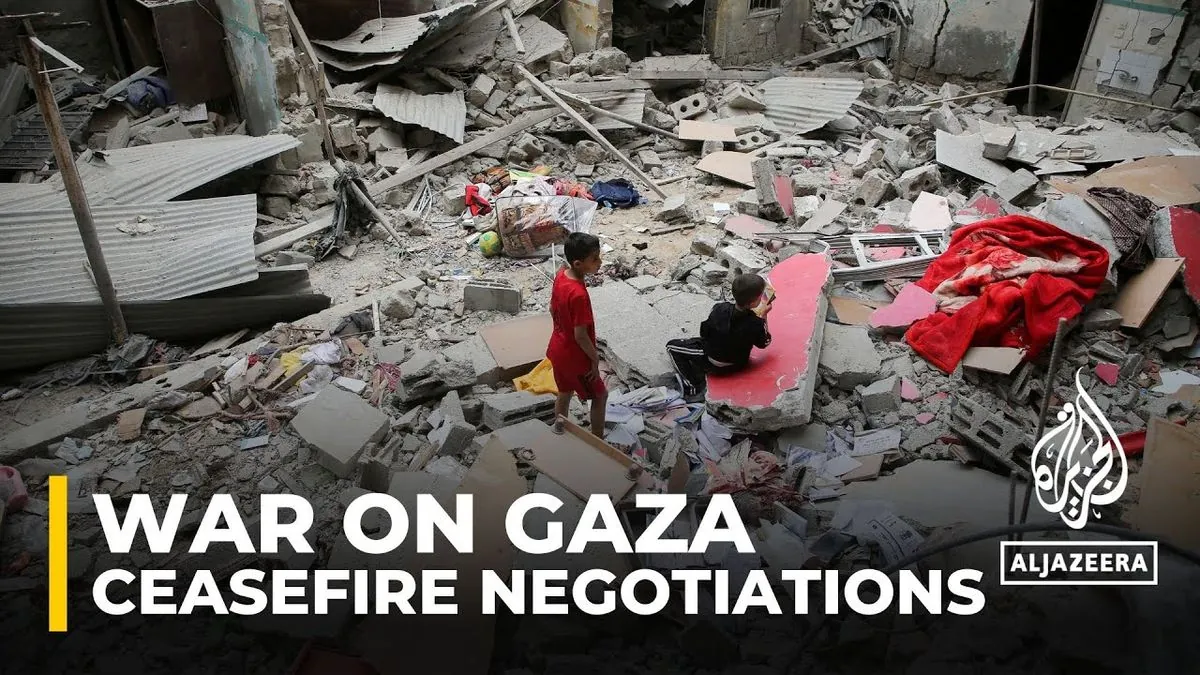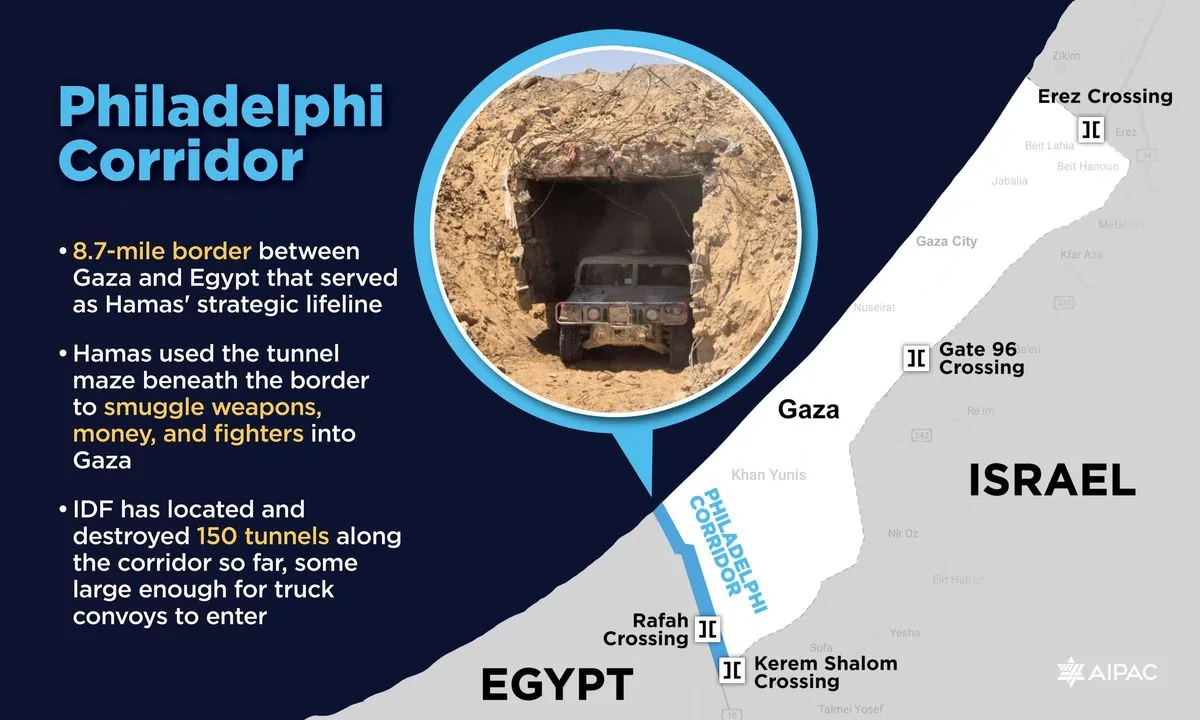U.S. Optimism on Gaza Cease-Fire Talks Questioned Amid Ongoing Challenges
Disagreements persist in Gaza cease-fire negotiations, with the U.S. accused of overstating progress. Netanyahu's contradictory statements and disputes over Israeli military presence complicate efforts to reach a deal.

The ongoing efforts to broker a cease-fire in Gaza have encountered significant hurdles, with officials involved in the talks expressing skepticism about the United States' portrayal of progress. As negotiations continue, the disparity between public statements and behind-the-scenes realities has become increasingly apparent.
Benjamin Netanyahu, Israel's Prime Minister, has made public remarks that contradict the proposed deal, particularly regarding the Israeli military presence along the Egypt-Gaza border. This area, known as the Philadelphi Corridor, is a narrow buffer zone established to prevent weapons smuggling into Gaza from the Sinai Peninsula. Netanyahu's insistence on maintaining an Israeli presence in this area has become a major point of contention.
"I am not ready to withdraw from the Philadelphi Corridor in the face of domestic and foreign pressures. If we leave there, there will be tremendous political pressure on us not to return there — but there will be no such pressure if we stay there."
This statement directly conflicts with the conditions set by Hamas and Egypt, who demand a complete Israeli withdrawal from the area.
The proposed cease-fire deal includes:
1. A six-week pause in hostilities
2. Release of Israeli hostages and Palestinian detainees
3. Withdrawal of Israeli forces from major population centers in Gaza

The conflict, which began on October 7, 2023, has had devastating consequences. The Gaza Health Ministry reports over 40,000 casualties, predominantly women and children. The humanitarian crisis has escalated, with the United Nations warning of famine and the resurgence of infectious diseases, including polio.
Efforts to resolve the crisis continue, with high-level negotiations expected to take place in Cairo in the coming days. Key figures involved include William J. Burns, CIA Director, David Barnea, Mossad head, Abbas Kamel, Egyptian intelligence chief, and Sheikh Mohammed bin Abdulrahman Al Thani, Qatari Prime Minister.
The situation is further complicated by internal divisions within the Israeli government. Military commanders have reportedly stated that Hamas's capacity as an organized force has been largely destroyed, suggesting there may be no strictly military reason to delay an agreement. However, Netanyahu faces pressure from right-wing allies who threaten to bring down his government if the Gaza war is suspended prematurely.
As the negotiations continue, the international community watches closely, hoping for a resolution that can bring an end to the violence and address the urgent humanitarian needs in Gaza. The coming days will be crucial in determining whether the parties can overcome their differences and reach a viable agreement.


































